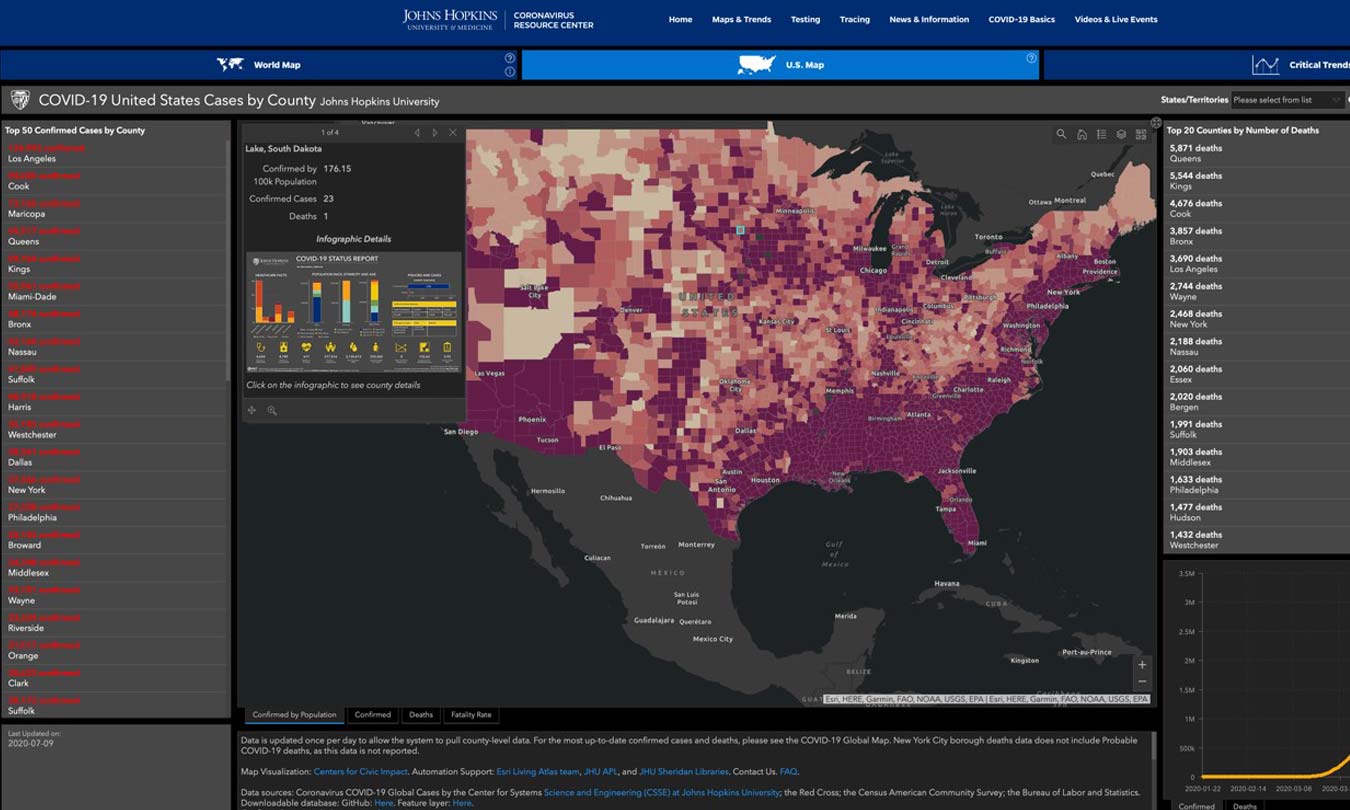Analytics and Applied Artificial Intelligence, MS
Program Quick Facts
Credits
30
Start Terms
Fall
|Spring
|Summer
Available
On Campus
|Online
Tuition
$3,365.10
estimated cost per semester
As analytics and AI continue to advance in the workforce, there is a growing demand for professionals with specialized training. The Master of Science in Analytics and Applied Artificial Intelligence prepares you to identify data-driven challenges and develop analytical solutions.
By choosing to pursue your MSAA degree at DSU, you will learn to transform large data sets into actionable insights using the latest AI technologies and state-of-the-art research facilities. The program emphasizes business applications, enabling you to analyze data for large organizations through business intelligence and data visualization techniques. You will acquire the necessary tools to solve problems, explore alternative approaches, manage projects, and interpret analytical results effectively.
MSAA curriculum and experience highlights

Customize your analytics and applied AI degree
Customize your master's program to your area of interest and career goals with one of the MSAA tracks:
- Business
- Healthcare analytics
- Information systems
- General

Understanding messy data
Large amounts of data, often referred to as messy data, can be challenging to interpret. However, they also offer valuable opportunities for learning and decision-making. Students in our Master of Science in Analytics and Applied AI program learn to utilize tools like Hadoop, Spark, and Kafka to transform this information into insightful data visualizations.
“Governments, businesses, organizations, and citizens need highly-trained individuals with the knowledge and skills to develop artificial intelligence that will increase efficiency and productivity, improve safety and security, and enhance the human condition in an ethical manner.”
Dr. Rebecca Hoey, Provost and Senior Vice President for Academic and Student Affairs
Why choose DSU?

Flexible learning opportunities
Earn your MS for about $3,365 per semester at your own pace with live or recorded classes, online tools, and full support. Study full-time or part-time and finish in just two to five years.
Expertise in innovative technology
We are a leader in data science and AI, offering hands-on learning with cutting-edge tools and real-world innovation in fields like cybersecurity and healthcare. With expert faculty and strong industry ties, DSU prepares you to lead in the evolving world of AI.
Faculty
Career paths with a masters in applied AI
MSAA Trojan alumni have completed sufficient internships and practical training in AI and big data frameworks. They have advanced to roles as software engineers, data analysts, data scientists, and more, working for major industry partners like:
- Amazon, eBay, Kroger, Disney
- T-Mobile, Verizon
- Bancorp, Citibank, Chase, Wells Fargo
- Sanford Health, Mayo Clinic, Avera Health
Your future at DSU begins today.
- A bachelor’s degree from an accredited institution.
- Minimum 2.7 GPA
- Transcripts showing completion of courses in:
- Database design/programming including familiarity with SQL
- Understanding of the principles of programming
- Understanding of statistical principle
- If you don’t meet all requirements, you may still be accepted but might need to take foundational courses.
- International applicants must have a degree equivalent to a U.S. four-year degree.
- No GRE is required.
Next steps
- August 15 (April 15 for international students) for admission for the following fall semester
- November 30 (November 1 for international students) for admission for the following spring semester
- April 30 for admission for the following summer semester




